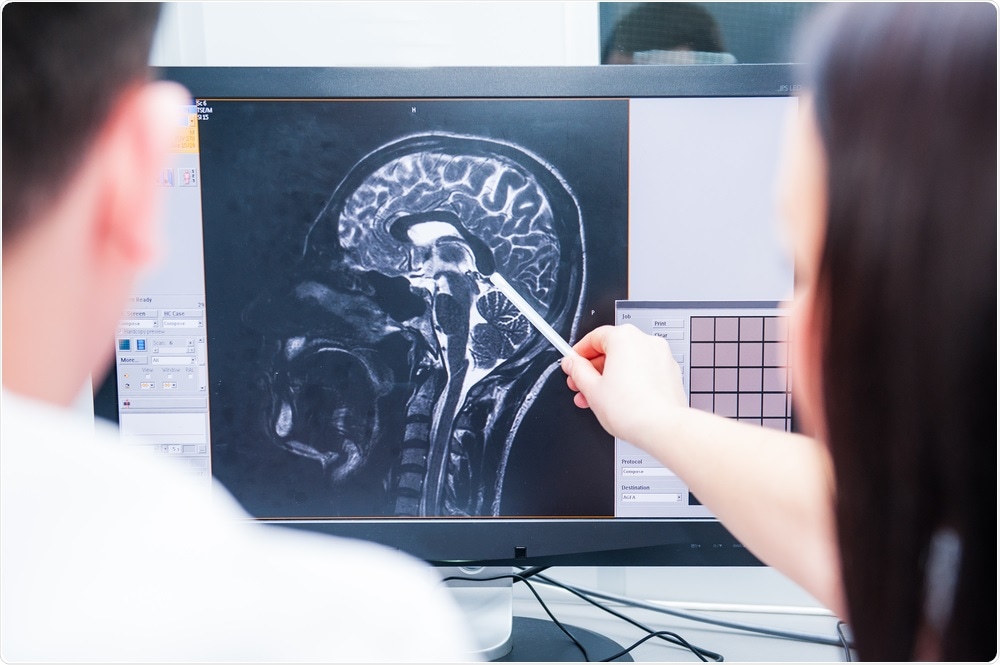Researchers from the University of Georgia have replicated the effects of traumatic brain injury (TBI) and electrically stimulated neural recovery, using stem cell-derived neurons grown in a petri dish.
 Image Credit: Okrasyuk / Shutterstock
Image Credit: Okrasyuk / Shutterstock
The study, which has recently been published in Nature Scientific Reports, has important implications for the understanding and treatment of TBIs.
The team used a substance called glutamate, which is released in high amounts following brain injury, to record disrupted neural activity in a petri dish containing minute electrodes. The recordings were then used to see how they could influence recovery of this activity using electrical stimulation.
Once the neurons reach a certain level of density in the dish, you begin to see what we call synchronous activity in a very timed manner. Knowing we could re-create synchronized, brain-like activity in a dish gave us the impetus to ask, 'What if we disrupt this rhythm, and how can we recover from something like that?'”
Lohitash Karumbaiah, Lead Author
The researchers hope that electrical stimulation could be used in the clinic to help patients recover from TBIs and next they plan to work with external collaborators on using biomaterials that exploit neuroplasticity to tailor the electrical stimulation approach.
Such approaches could help veterans, for example, who have suffered TBIs on exposure to shock waves from explosions.
Randomly drilling into the brain to access tissue in such cases makes no sense, says Karumbaiah: "A wearable device that can administer fairly controlled levels of relevant electrical stimulation can help these patients."
Co-author Maysam Ghovanloo, an expert in electrical and computer engineering technologies, will be using his knowledge of medical instrumentation to help the team develop devices for their pre-clinical studies.
We have developed a unique approach for observing and guiding stimulatory patterns in the brain at multiple levels, all the way from individual neurons to the neural tissue, and eventually the entire brain.”
Maysam Ghovanloo, Co-author
Post-doc researcher in Karumbaiah’s lab says that because the researchers have been recording these neurons for a long time, they now understand the magnitude of their pulses or activities: "Now we can mimic those routines by programming them externally and feeding it back into the brain."